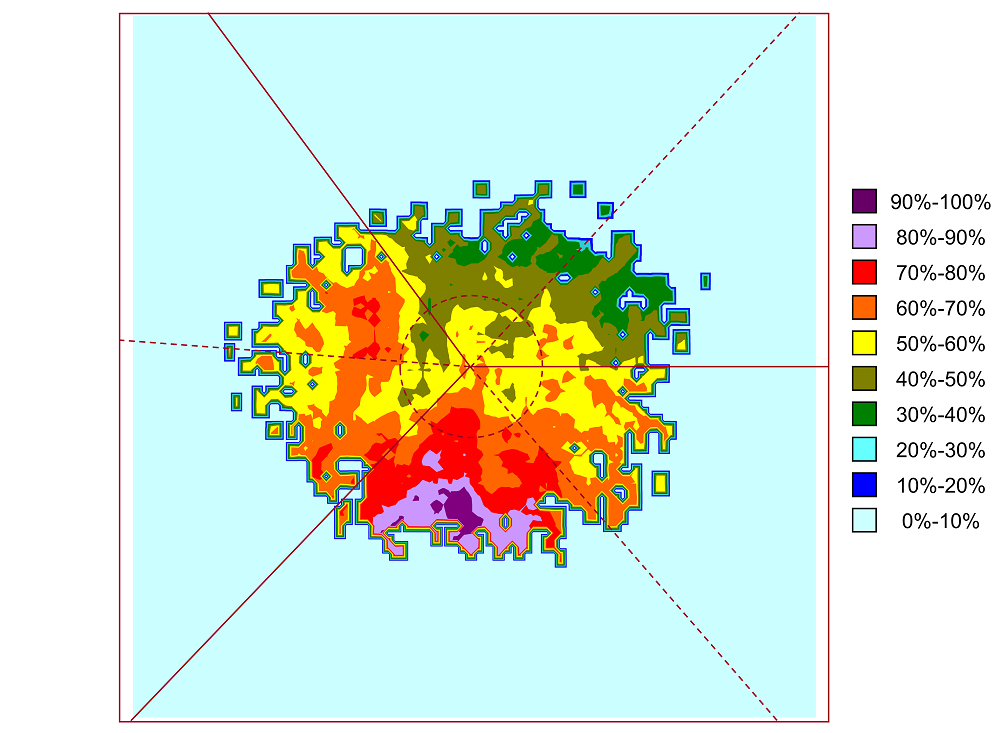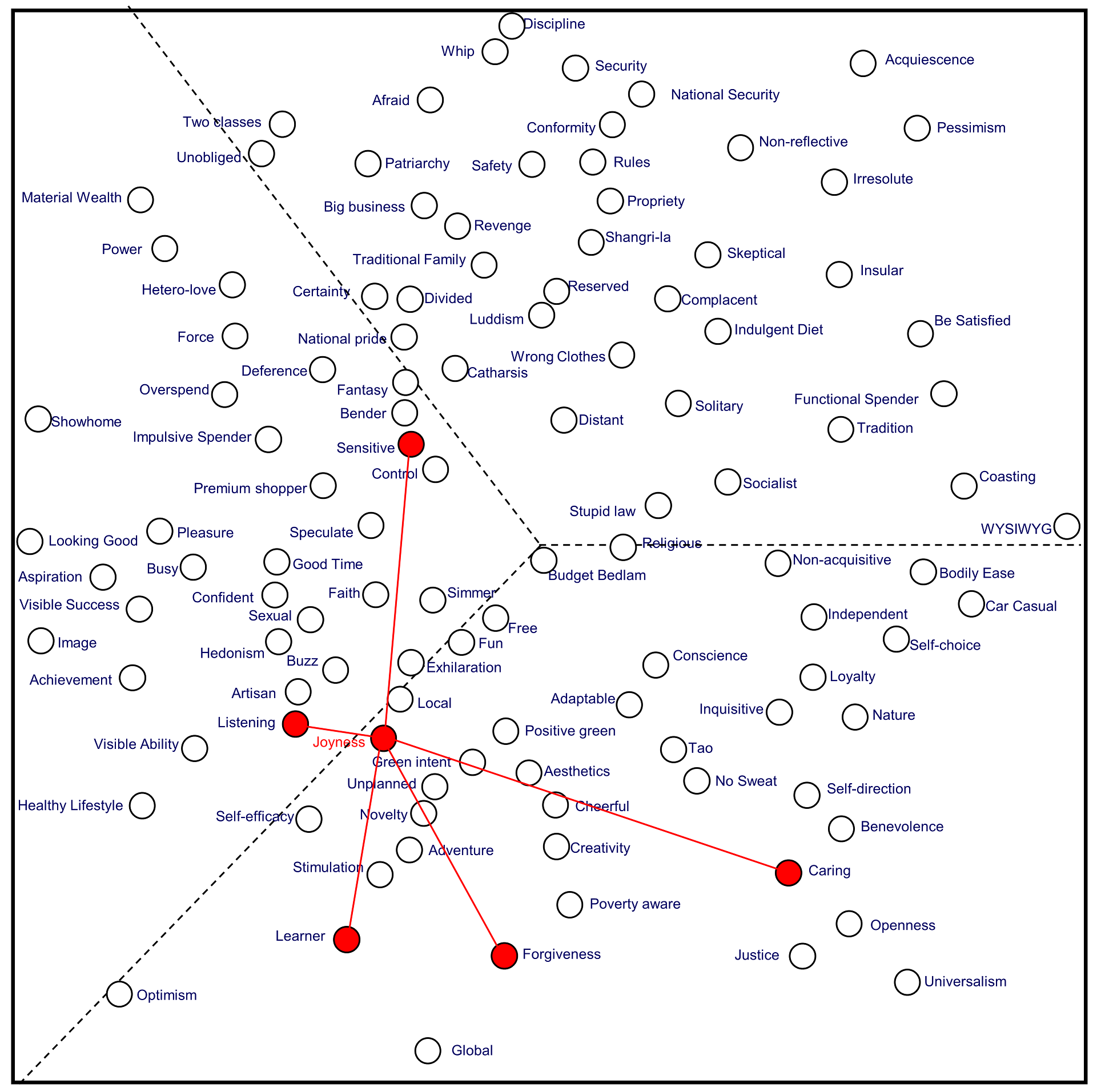

JOYNESS
 |
I love to see other people happy.
I get as excited about the good fortune of others as I do about my own.
Happiness can mean many different things to many different people. Happiness is often seen as a mental or emotional state of well-being defined by pleasant emotions ranging from contentment to intense joy. However, some thinkers see happiness in terms of a leading a good life. People who value the Joyness attribute focus on the latter definition, particularly with regard to their everyday relationships.
Contemporary theories of happiness are more often centred on the idea of hedonism — striving for maximisation of pleasure and minimisation of pain. In contrast, the Joyness attribute helps identify those individuals who are not dependent upon stimulating experiences just for the sake of it – for the “buzz”.
Recognising that the regular pursuit of pleasure for its own sake does not always result in a sense of wellness or long-term life satisfaction, the Joyness espouser’s deep sense of joy naturally emerges when they are learning something new, or helping other people to be happier and more successful.
This kind of joy arises from a set of core beliefs, unconditional compassion and a deep sense of empathy with other people and their lives. Understanding what it is to be human, Joyness espousers are able to distinguish between who a person is and what they do. This approach to life means that they find it easier to forgive others – to forgive the person even if they condemn that person’s actions. They are able to negotiate their negative feelings and maintain their sense of contentment.
This kind of person walks the talk. They are not passive, solitary observers, because they consider it very important to listen to others and help them to resolve their problems. They understand that life is not always a bed of roses - that everyone goes through difficult times, when they just need to “tell” someone and have someone “listen”. Being emotionally competent and caring, they are able to be open to other people’s needs without feeling taken for granted or overwhelmed, although they might shed an empathetic tear. On the whole, Joyness espousers feel that real joy is found not in being served, but in choosing to serve.
Using JoynessDemographic Skews: 1) Over indexed: Female. 2) Under indexed: Male, 22-24. Joyness espousers also espouse other attributes. The top five most highly correlated attributes of Joyness espousers are, in order of the strength of relationship: 1) Learner In total those who espouse Joyness also over index significantly on 35 other Attributes. |
|
If "Joyness" (or the associated attributes) are important to you and you would like to delve more deeply, contact us at mail@cultdyn.co.uk
